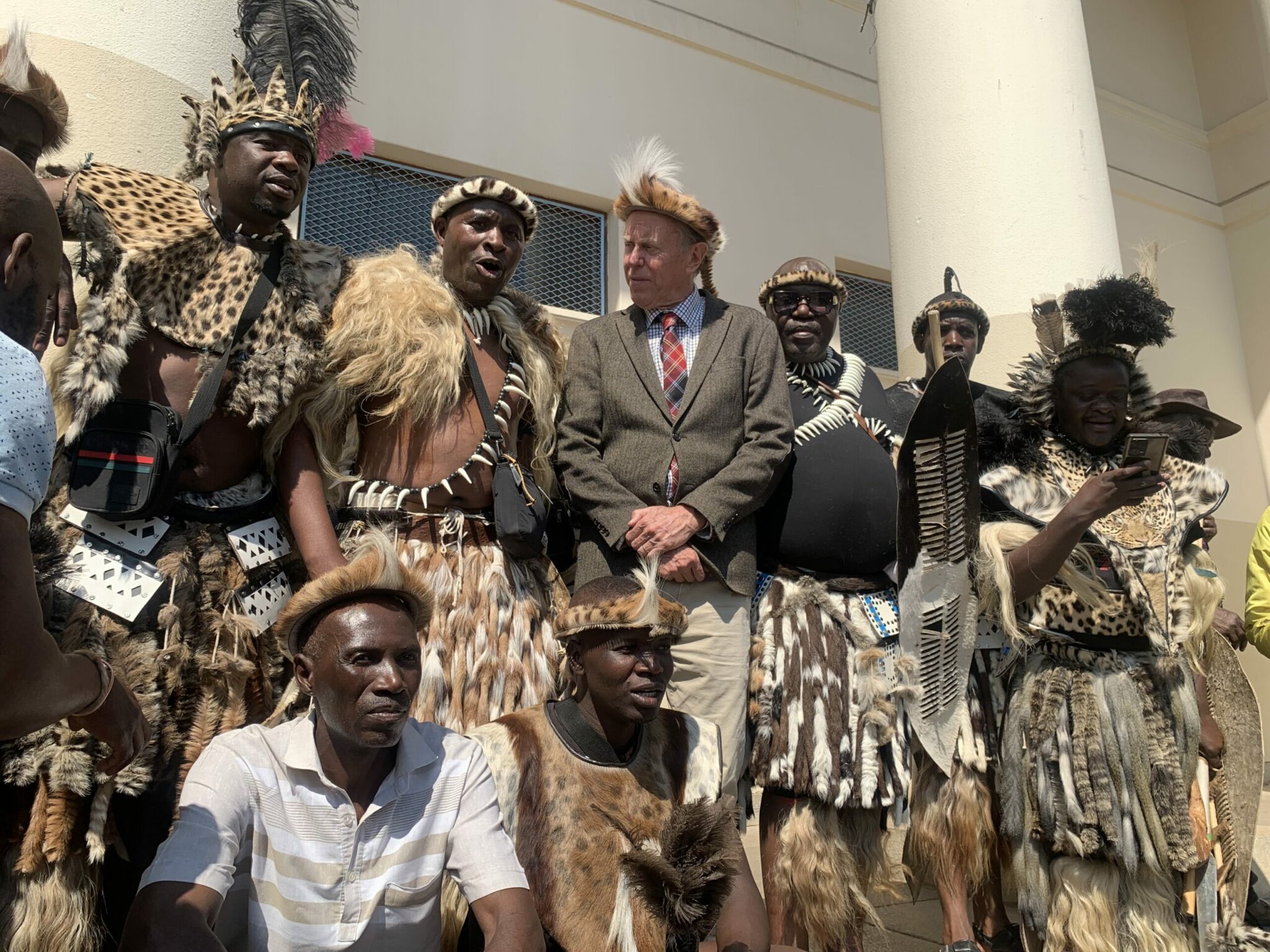Bulawayo mayor, David Coltart, has called for greater recognition of King Mzilikazi Day, highlighting the Ndebele King’s significance as an iconic figure in the city’s history.
Councillor Coltart made these remarks during the 22nd annual King Mzilikazi Day commemoration held in the city on Saturday.
King Mzilikazi passed away on September 9, 1868, and was buried at Mhlahlandlela, Entumbane Cave in Matobo, 20 kilometres from Bulawayo. Each year, in September, the day is celebrated with a vibrant display of Ndebele culture and identity.
The festivities began with a procession from the Matshobana suburb to the City Hall in the central business district, followed by the main ceremony at Mhlahlandlela.
Councillor Coltart emphasised King Mzilikazi’s pivotal role in the city’s history, stating that without the King establishing his kingdom in Bulawayo, the City Hall – the local authority’s main offices – might not exist.
“I believe we do not give this day the recognition it deserves. The day we commemorate King Mzilikazi is the most important in our city’s calendar. If King Mzilikazi had not come here and established his kingdom, this City Hall wouldn’t exist. This city would not be what it is today. For that reason alone, we must honour this day as it deserves,” he said.
“Our city boasts one of the richest cultures and histories in Southern Africa. Bulawayo was founded in 1840, long before many other cities and towns in the region. Our history is deeper because of King Mzilikazi. As a council, we must honour this day—it should be the most significant day in our calendar.”
Councillor Coltart also noted that properly acknowledging the city’s history and culture could boost tourism.
He urged the city council to collaborate with King Mzilikazi’s family to discuss ways to enhance the significance of the King’s grave.
“As we envision the transformation of our city, one avenue for economic revitalization is tourism. Tourism isn’t just about physical beauty; it’s also about the history of a place. We’re not leveraging our historical sites as we should, not only to honour King Mzilikazi but also to benefit future generations,” he said.
“The council needs to engage with the King’s family to determine what can be done regarding his grave. I understand it is culturally sensitive, but it could also become a major tourist attraction.”
“As a white person, I find it absurd that we have wide, tarred roads leading to Cecil John Rhodes’ grave but not to King Mzilikazi’s. Why should we have to use a bumpy road to visit a King’s grave? That must change! We need to address this, of course, while respecting cultural sensitivities, which the family must guide us on.”
“The family should advise us on the possibility of establishing an interpretive centre to honour King Mzilikazi and tell his story, so we can preserve the legacy of this great King for future generations.”

